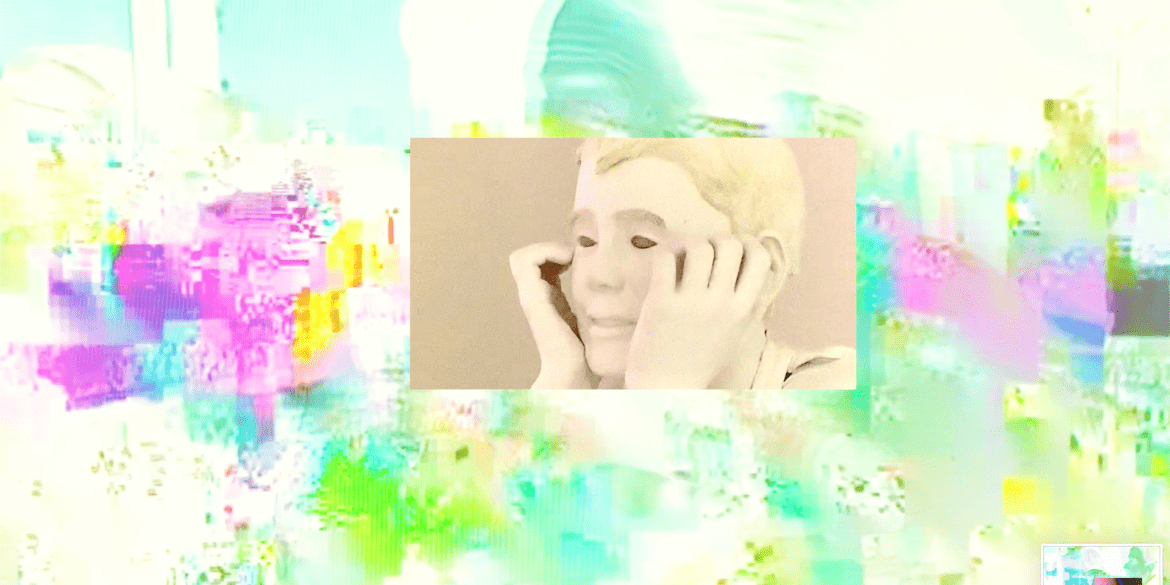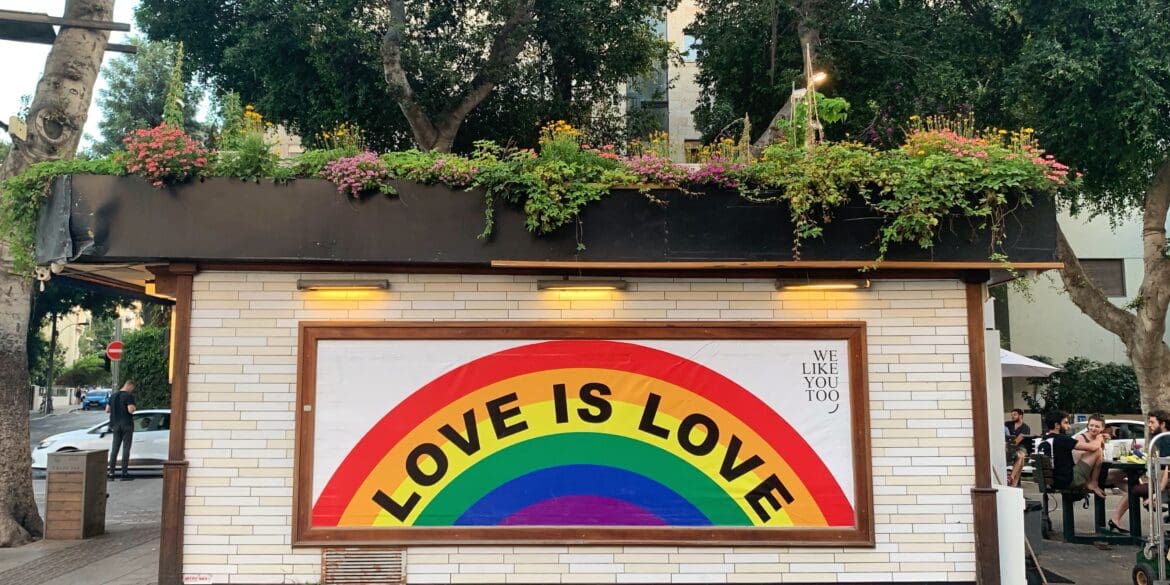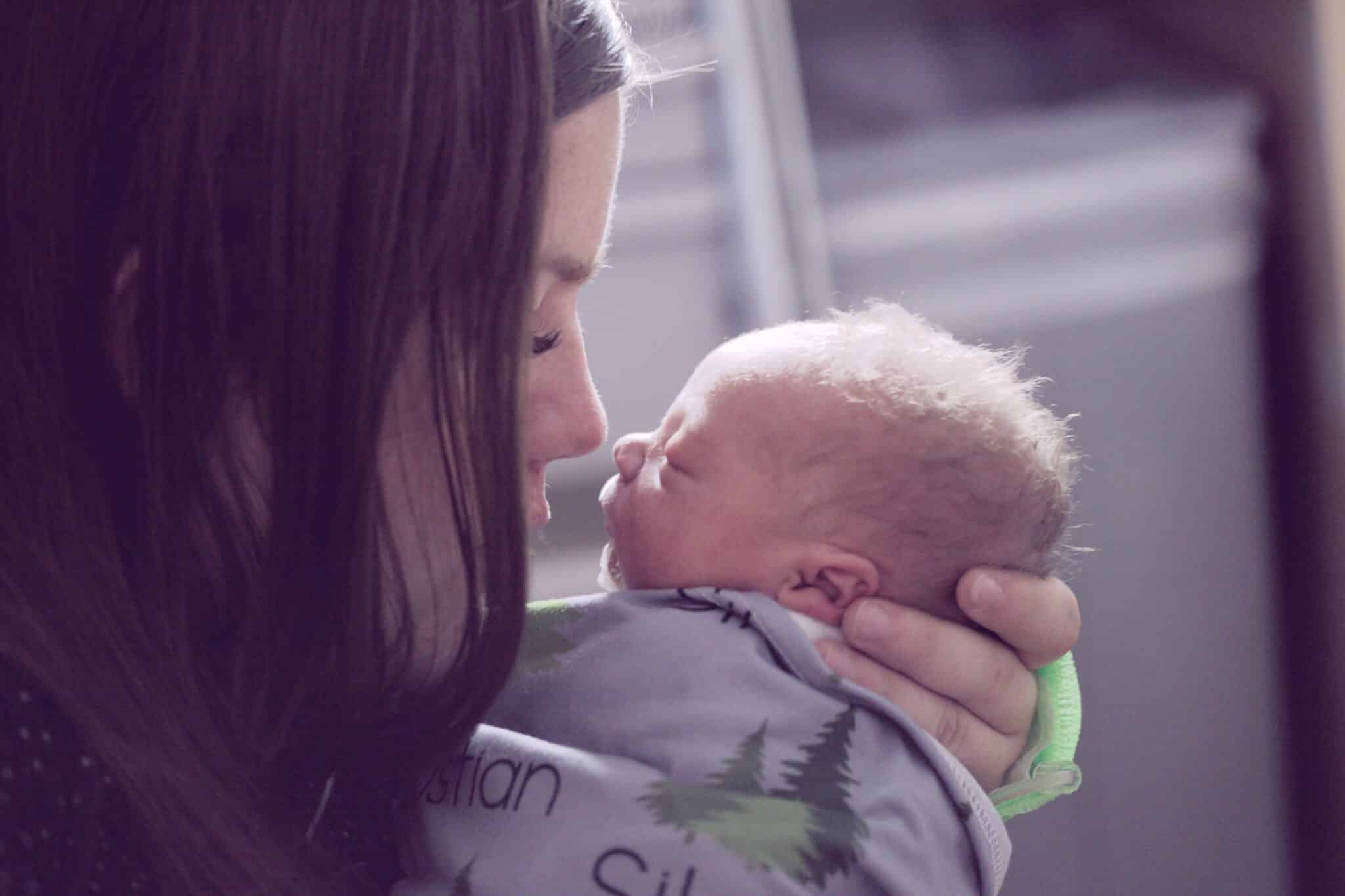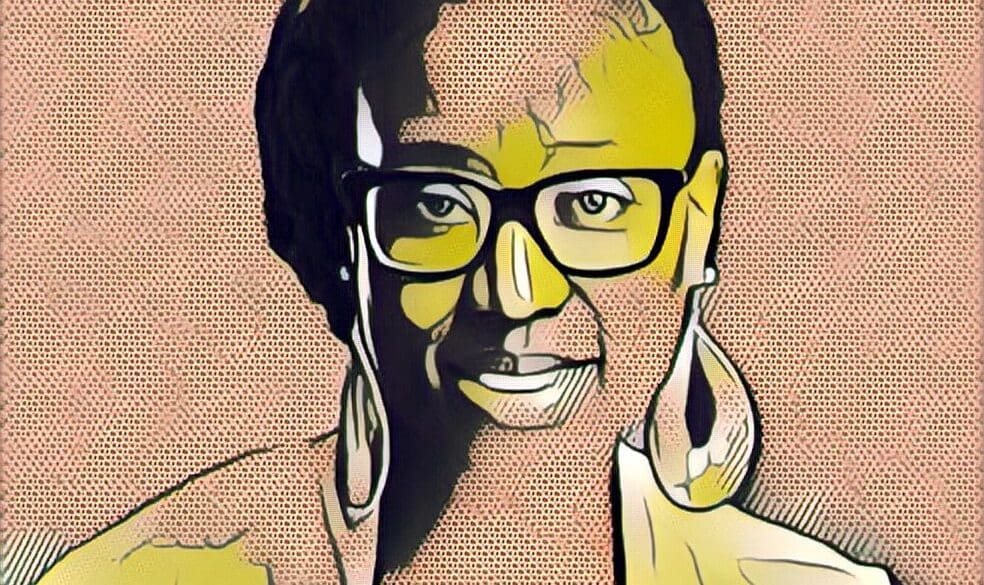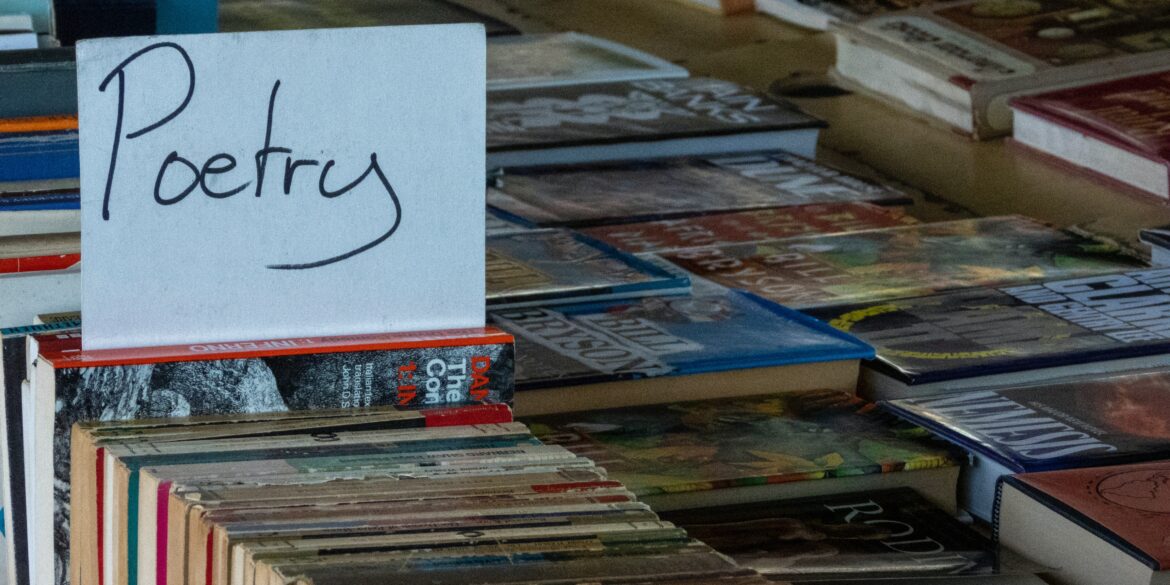The poem driving this experimental film about television considers the insomniacs who wake at the same time each night in rhythm.
I use autoethnography to provide first-hand observations in the predominantly conservative English classroom as a way to analyze and understand a rise in toxic masculinity and its detrimental impacts.
What is my responsibility as a trans feminine person when the human-induced strain on the planet is the driver of the climate crisis?
This story explores childbirth-related trauma and postpartum mental health through the lens of a ‘good birth.’
Jesus and Fentanyl: A Mortician's Perspective is actually thoughts from a funeral director and also an ode to an overdose victim.
“Letter from Okinawa” describes my research and observations into the impact the U.S. military has had on the island, and tells the story of the Japanese government’s historical culpability by colonizing, controlling, and discriminating against the island.
In my poetry, I highlight negative depictions of Catholic religion and discuss how they differ from my own experiences as a Catholic.
One Man’s Perspective on Grieving and Death is a narrative representation of death as a universal humanistic theme.
This writing is based on storytelling, common in Mexican culture.
My weird depression showed up this summer like “hey sis!” And I was like “fuck my life”! I wasn’t ready. This time, it caught me off guard.
Poems As a Form of Powerful Activism and Barrier-breakers is a compilation of three poems which mean a lot for me.
The dynamic taking place in these poems was autoethnography, a hybrid of my investigation of the 1960's coupled with my personal experience.


